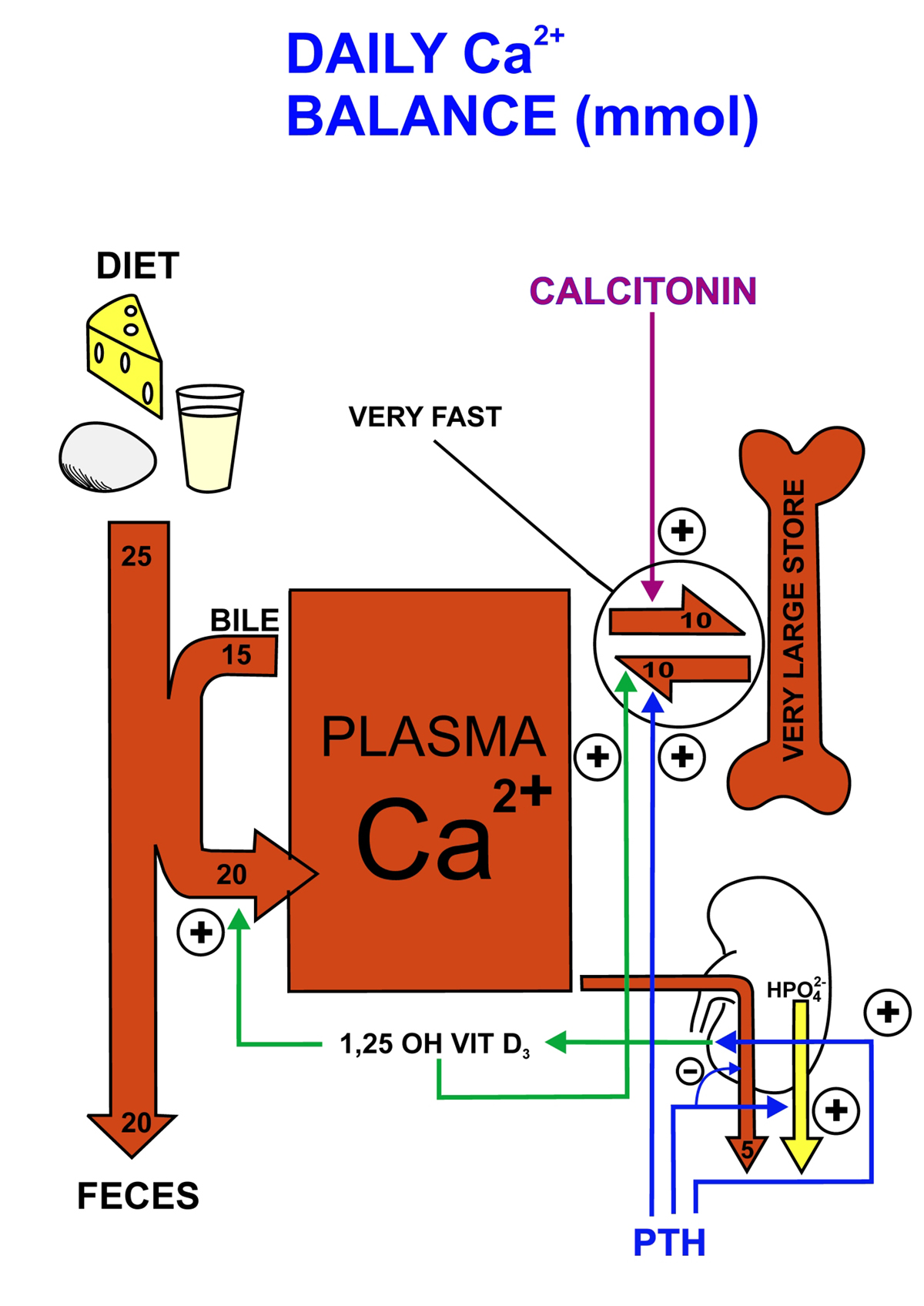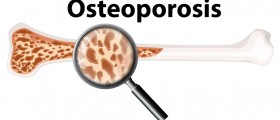
Calcium is one of the most important types of nutrients for the overall health of a human body. If a person does not absorb sufficient amounts of calcium either from foods or from supplements, it may lead to numerous different types of health conditions and it may interfere with proper formation and growth of teeth and bones. In the past, people used to believe that abundant amounts of calcium in the human body contributed to the formation of kidney stones, but numerous different types of scientific studies have shown that calcium can actually be of great help when it comes to preventing and decreasing the formation of kidney stones. In any case, one should not ingest excessive amounts of calcium because it may lead to hypocalcaemia, compromised functioning of the kidney, reduced absorption of other minerals and nutrients and various other medical conditions. It is also of utmost importance to include plenty of vitamin D in the daily diet because this nutrient is very efficient in enhancing the absorption of calcium. Milk and most dairy products are known for being excellent sources of both calcium and vitamin D.
Data and Statistics
There is a large number of people who are allergic to different sorts of dairy products and most of those people are of Indo-European descent. Vegans and several other types of people refuse to consume dairy products because of their ethical reasons. The aforementioned groups of people must compensate somehow by finding alternative sources of calcium in order to stay healthy. Other food items which are excellent sources of calcium include crushed eggshells, sesame seeds, almonds, seaweeds, broccoli and oranges. One may also try using one of the numerous calcium supplements which are available on the market. All medical authorities suggest that a person should not take more than 500 milligrams of calcium supplements per day. The more calcium one puts inside the body, the less it will get absorbed. The recommended overall intake of calcium should not exceed 1200 milligrams per day, but it all depends on the age of a person. One should ingest calcium regularly in order to avoid the occurrence of calcium deficiency and osteoporosis. Babies which are up to 6 months old require 210 milligrams of calcium per day, babies which are up to 12 months old require 270 milligrams of calcium per day, children of up to 3 years of age require 500 milligrams of calcium per day. Children up to 8 years of age require 800 milligrams of calcium per day. Adults require 1000 to 1200 milligrams of calcium per day, once again depending on the age.

















Your thoughts on this
Loading...